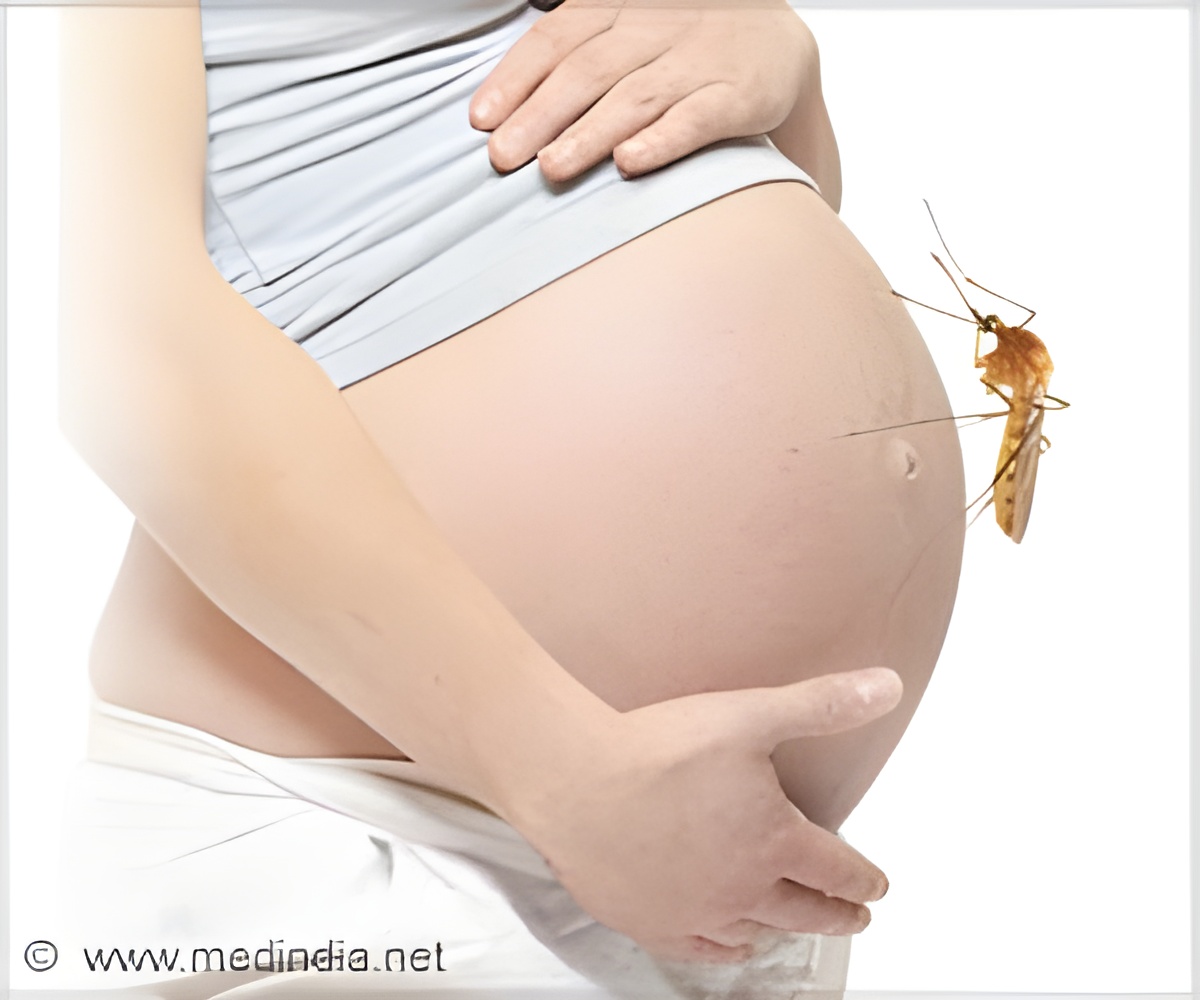The study found the mortality rate among live births with CZS was over 11x higher than among live births without CZS up to the age of 36 months.

‘The increased infant death risk in babies born with congenital Zika syndrome (CZS) highlights the need for women to be protected against the virus.’





Normally babies who are born prematurely or small are at greater risk of death. In contrast, in babies born with CZS, the highest risk was found to be for children who were carried to full term or at the normal birth weight (over 5.5lbs) – 14.3 times higher and 12.9 times higher than babies in that group born without CZS, respectively.The main causes of death amongst babies born with CZS were infectious diseases, diseases of the nervous systems, and congenital abnormalities – mainly sepsis, cerebral palsy, and microcephaly, respectively.
Dr. Enny Paixao Cruz, Assistant Professor at LSHTM and Research Associate at CIDACS, and study the first author, said: “Many may think Zika is a disease of the past, but in just November this year there was an outbreak of the virus in the Indian city of Kanpur, with a surge of nearly 100 cases. For the most vulnerable in our society and parents, it remains a global concern.
Zika virus is transmitted through the bite of the Aedes aegypti mosquito. For many, it is harmless with no symptoms, but if transmitted from mother to baby via the placenta it can result in babies being born with conditions including microcephaly, other congenital abnormalities, and dysphagia.
To plug this hugely important knowledge gap, researchers looked at over 11 million babies born in Brazil between 2015 and 2018. They explored the association between mortality rates and CZS, using data from public health, live birth, and death records.
Advertisement
Of more than 3,000 babies born with CZS, nearly 20% were born preterm, 36% were categorized as low birth weight (less than 3.3lbs), and 37% were small for gestational age. This compared to 10% preterm and 7% low birth weight and small for gestational age in the babies born without CZS.
Advertisement
The researchers found no statistically significant difference between mortality risk for babies born with or without microcephaly, suggesting it carries no added risk for the baby. However, this could be because the study did not have the power to observe this difference. Therefore it still needs to be better investigated.
The increased mortality risk of live births with Congenital Zika Syndrome than those without this syndrome highlights the need to develop and implement postnatal medical care protocols, including early interventions, which can help reduce sequelae and adverse effects and improve the survival of these children.
Source-Medindia












